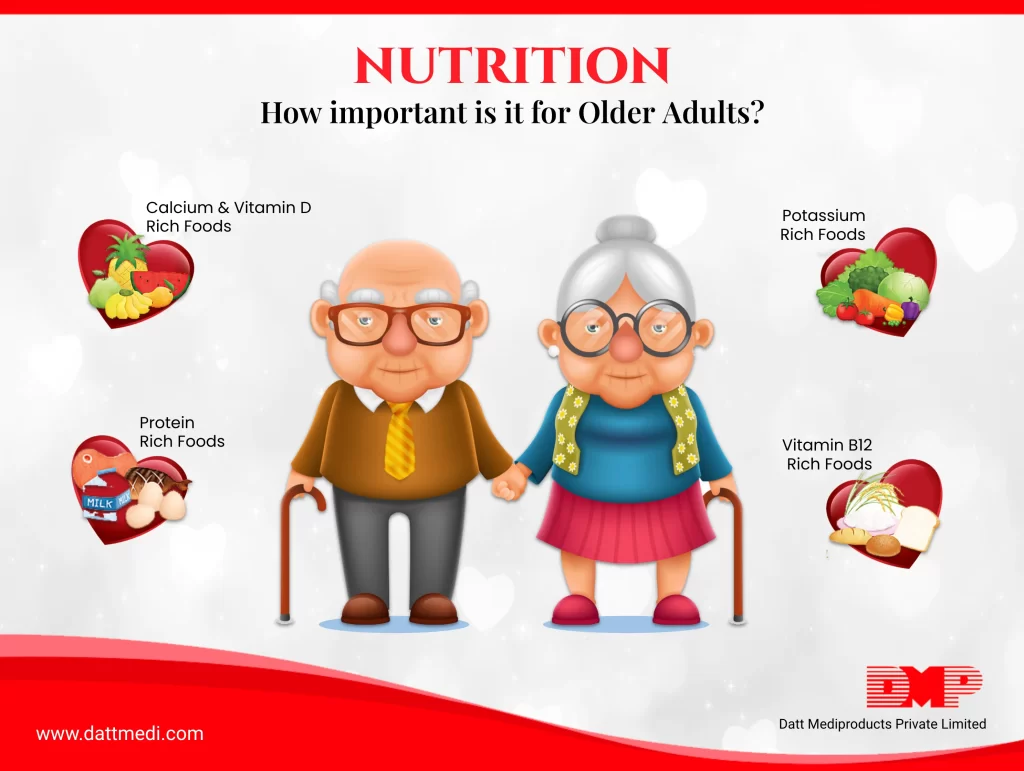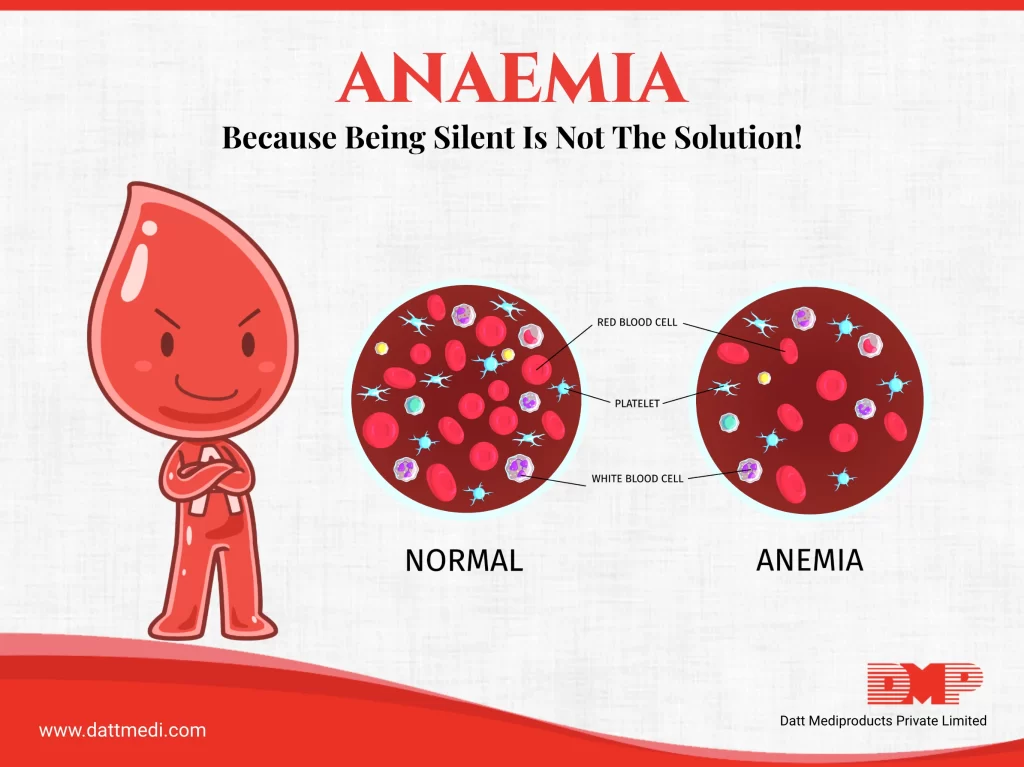
Passing years not only add numbers to one’s life but also involve a range of physiological changes. An aging body changes in various bodily systems, which don’t occur overnight but are a result of various illnesses, hereditary traits, lifetime events, or other socio-economic influencers.
These changes include ones at sensory levels or affecting bone density, metabolism, or even digestion.
Nutrition plays an important role in coping up with these changes. Although the body is at its degenerative stage and the growth of new cells & tissues is slow, but their repair happens at a faster rate. Thereby, eating right becomes essential.
We present a list of nutrition-rich foods especially for older adults to stay healthy.
“A Balanced Meal” constituting of Carbohydrate-rich foods, Protein-rich foods, Fruits and vegetables are of paramount importance.
Fiber-Rich Foods:
Eating a high fiber diet is helpful for regular bowel movements, thereby lowering the risk of constipation. Fibers in the diet may also reduce the risk of obesity and heart diseases. Good sources may include whole grains, brown rice, porridge in breakfast, lentils, and fruits. Give your day a kick start with high fiber-rich foods.
Calcium and Vitamin D Rich Foods:
As we age, bone density decreases, increasing your chances of falling. Hence, our older fellows need extra calcium and vitamin D for maintaining their bone health and preventing conditions like osteoporosis. Cheese made from low-fat milk, yogurt, fortified cereals, and dark green leafy veggies may be good options. Vitamin-D fortified milk may be a good choice especially for those who don’t get exposure to the sun.
Foods High in Omega-3 Fatty Acids:
Omega-3 FA reduces inflammation, thereby preventing conditions like arthritis, cancer, etc. It even slows down macular degeneration which leads to poor vision.
Iron-rich foods:
Iron is indispensable for hemoglobin production which carries oxygen to every nook & corner of the body. Iron deficiency limits this oxygen supply to cells & tissues making you feel lethargic and tired.
Foods High in Vitamin B12:
Found in dairy products, vitamin B12 has a range of salient roles to play. It’s involved in RBC production, building DNA and maintaining nerve functions.
Foods Rich in Vitamin C:
As we age, a lot of free radicals get released in our body leading to cellular oxidation symptomized by a lack of energy, muscle weakness, greying & falling hair, susceptibility to common cold & coughs. Vitamin C has antioxidant properties to scavenge the free radicals along with maintaining skin elasticity.
Foods High in Potassium:
These are good for maintaining your blood pressure along with their contribution to muscular flexibility, preventing water retention and swellings. We can get potassium from foods like potatoes, bananas, prunes, etc.
Foods Rich in Magnesium:
Found mainly in whole grains, nuts, fresh veggies & fruits, magnesium has a pivotal role to play in not less than 300 physiological functions.
Protein-rich foods:
These are good for the repair of worn-out cells and tissues. Good sources may range from egg whites to paneer made from low-fat milk.
The absorption of vitamins from food becomes more laborious as we age. Thereby, supplementation becomes significant.
We @Dattmediproducts recommend seeing your doctor and consulting them before taking any. Above all this is “Water”. Staying hydrated is important to staying healthy. Dehydration may lead to confusion or drowsiness.
And, the best way to keep a check on your water intake is to observe your urine, where hydration being ensured by light or transparent color and dehydration as depicted by dark or yellow-colored or cloudy urine.
So, Stay Hydrated, Stay Healthy!




